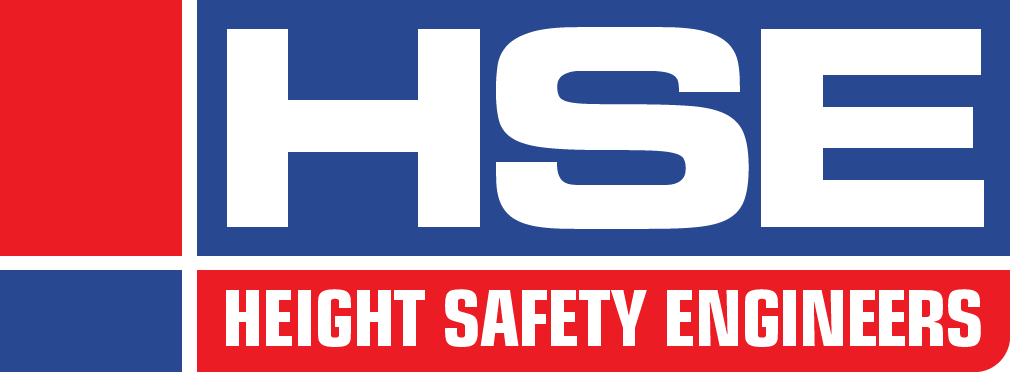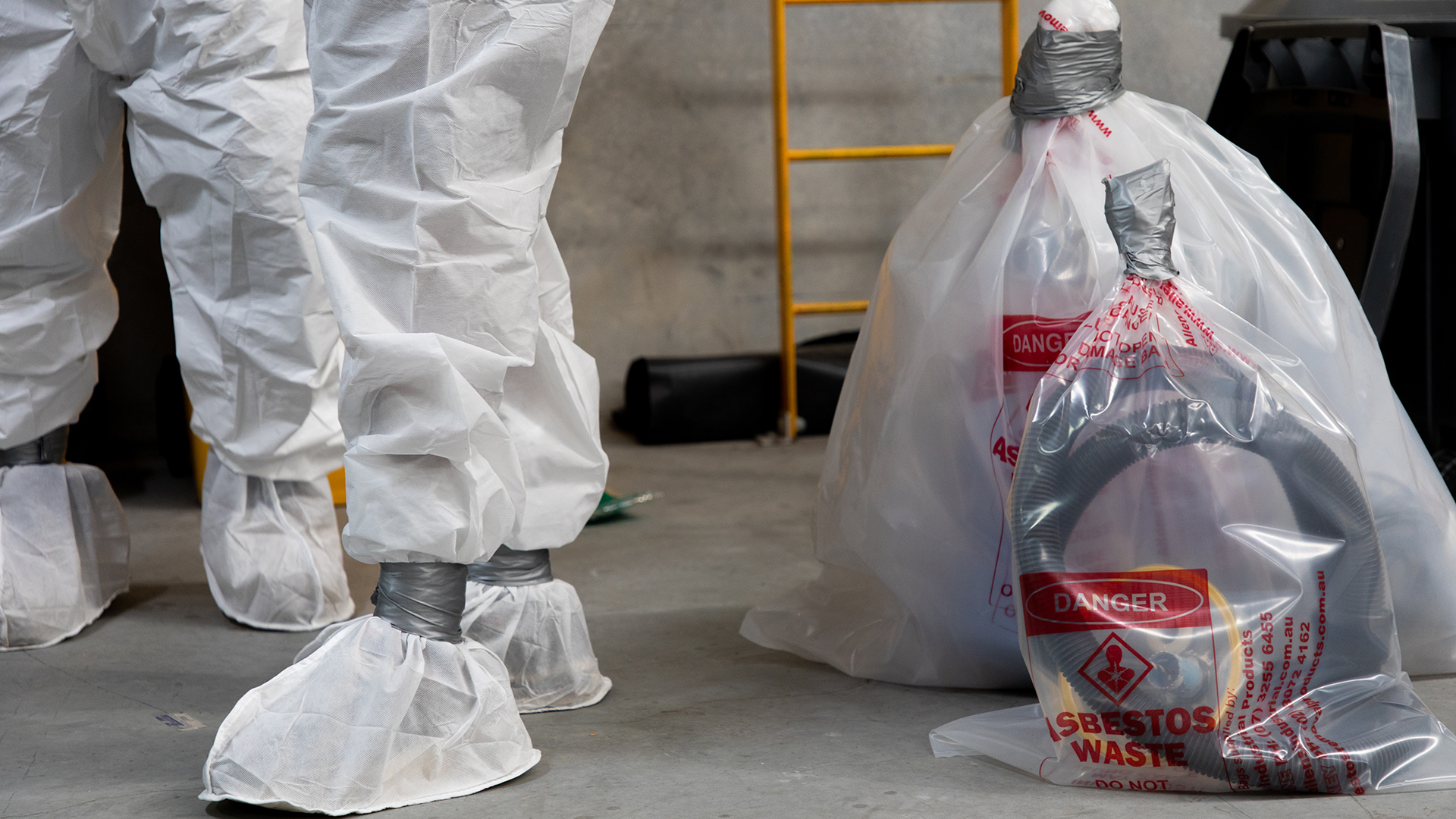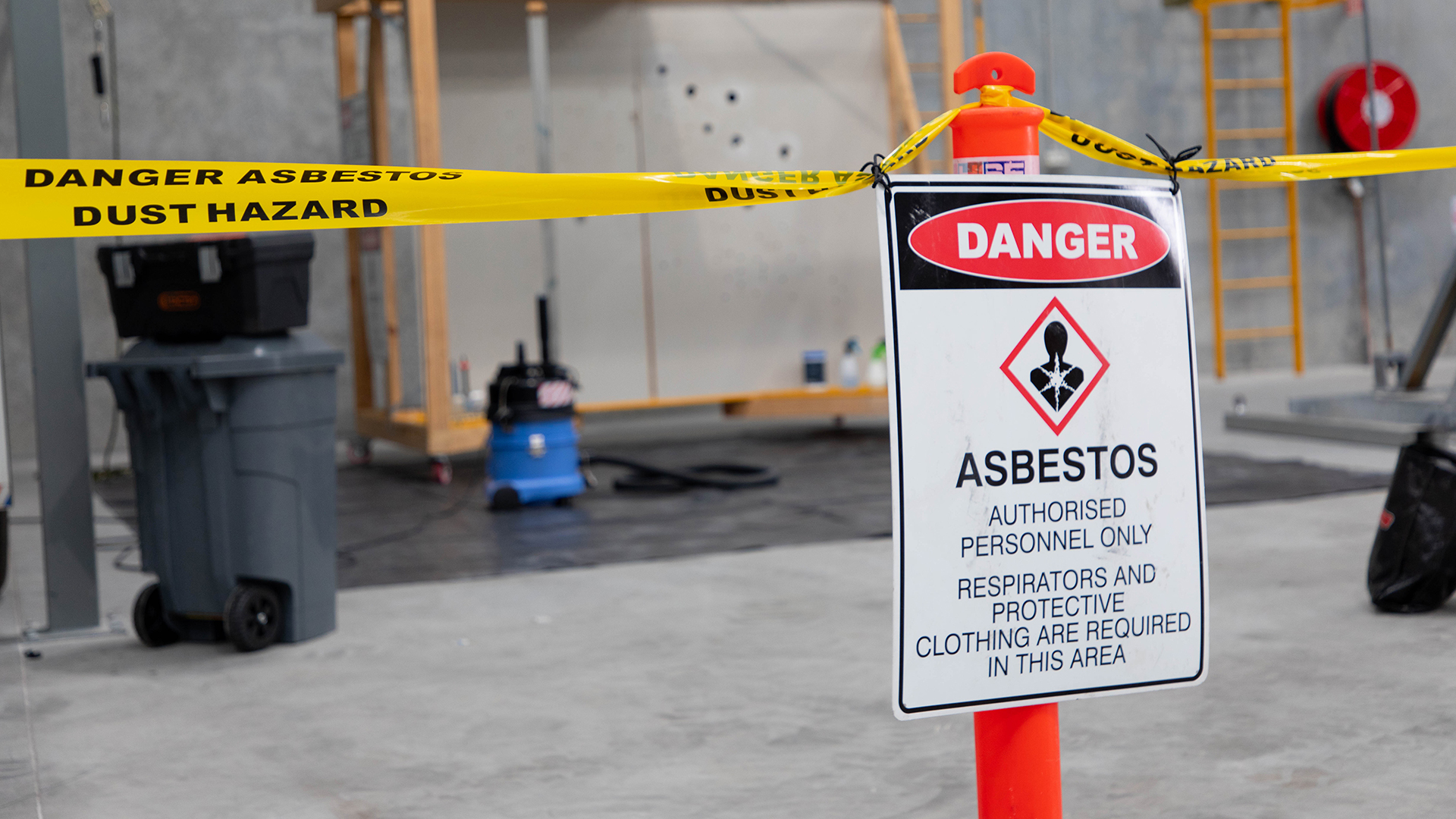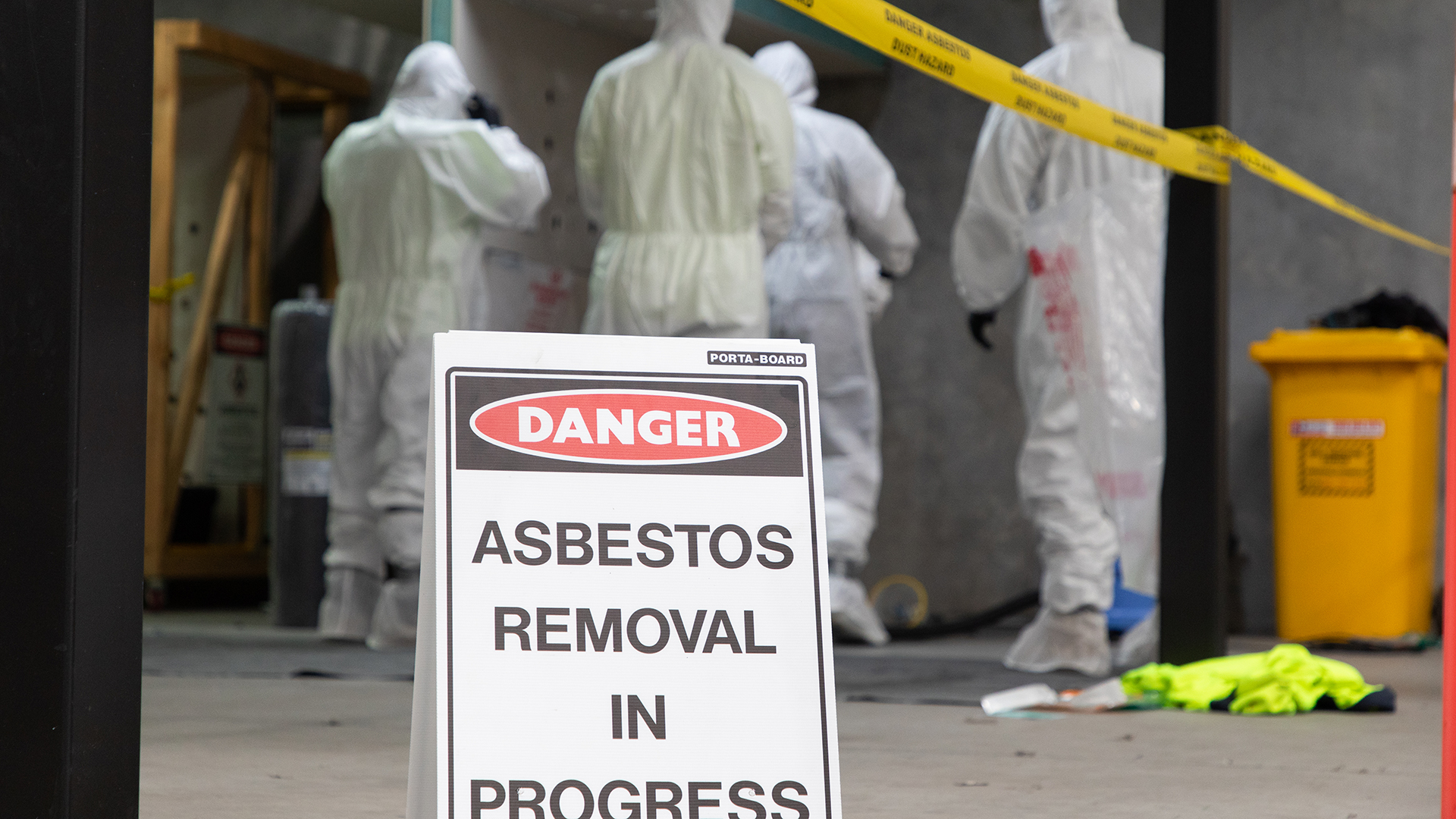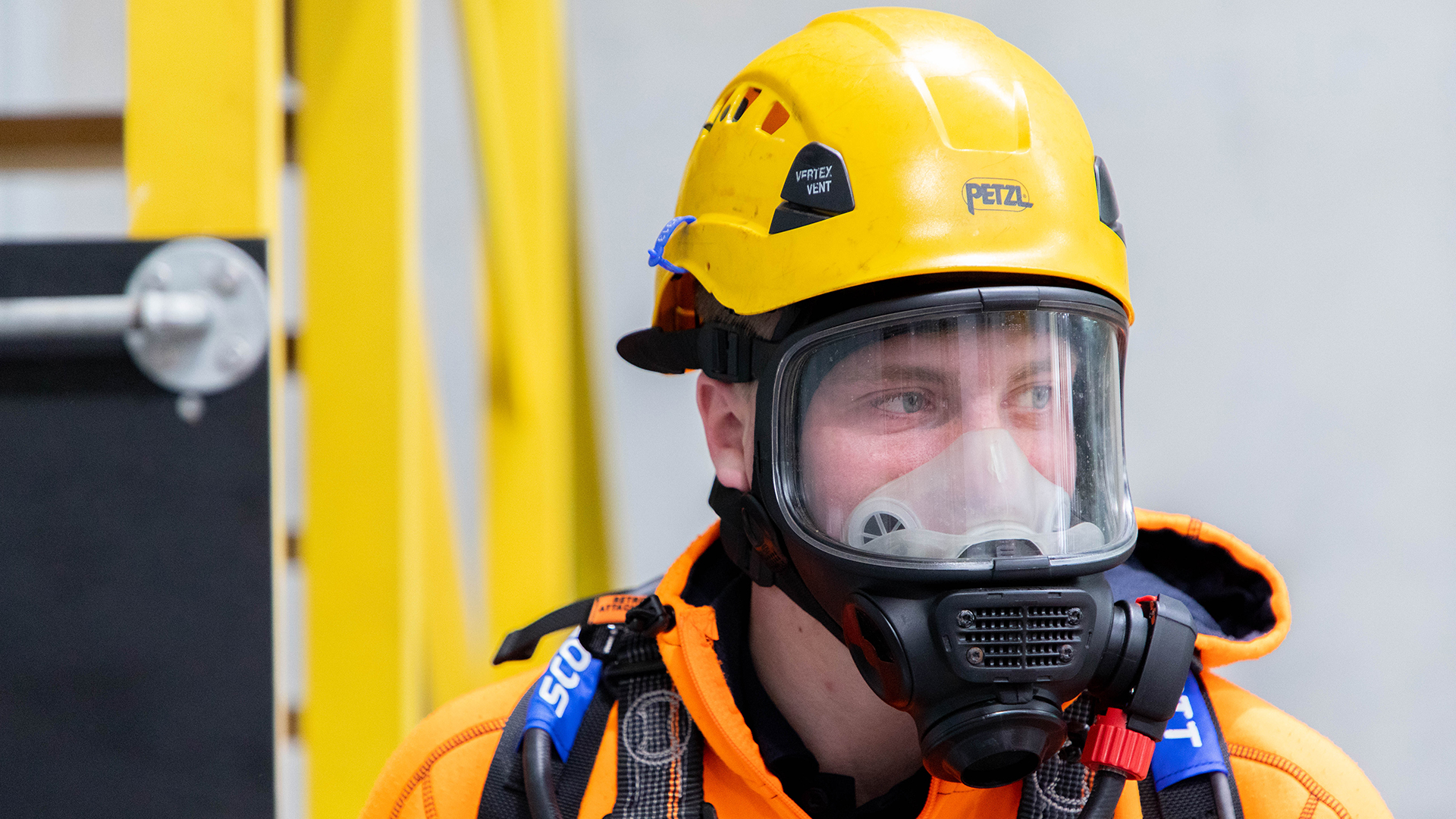10830NAT Course in crystalline silica exposure prevention
Understand the risks of working with crystalline silica and learn mitigation techniques in this half-day training course.
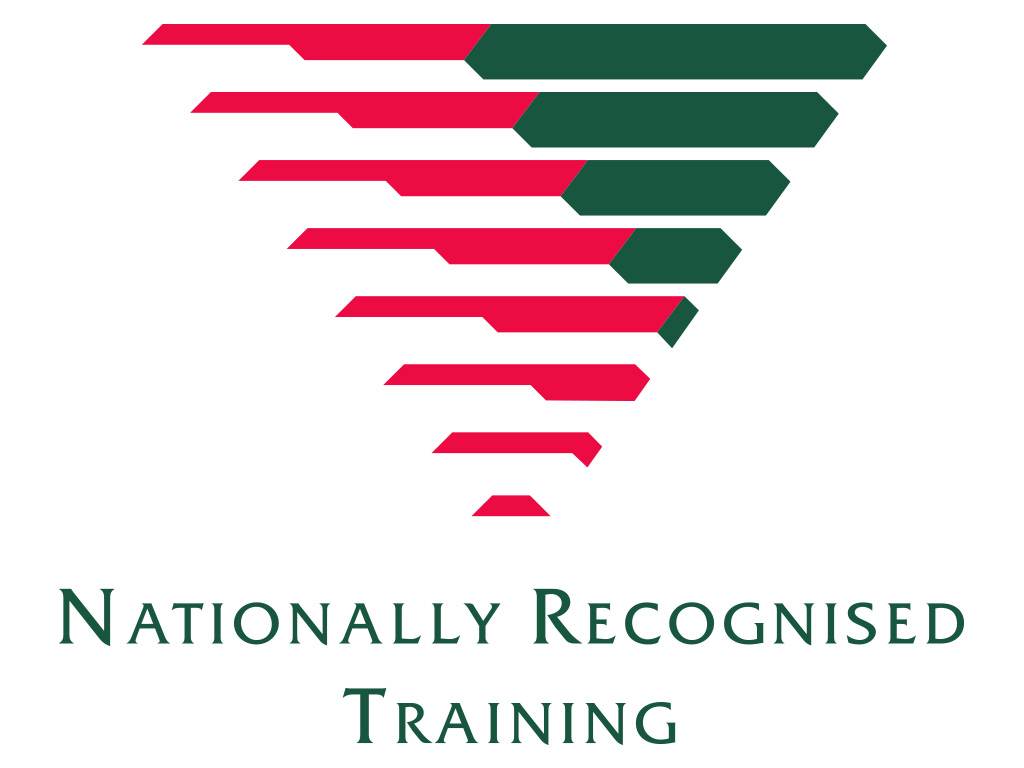
Starting 1 October 2023, for workers in the specified occipations and others reasonably expected to be exposed to silica dust, it is going to be mandatory to have completed 10830NAT Course in crystalline silica exposure prevention when undertaking work in Canberra and the ACT. You can find out more on the WorkSafe ACT website.
Crystalline silica, especially as a respirable dust, is increasingly becoming a significant workplace safety issue. Breathing in crystalline silica dust can lead to a range of respiratory illnesses and cancers including silicosis, emphysema and lung cancer.
10830NAT Course in crystalline silica exposure prevention is a nationally accredited course that gives participants the knowledge needed to understand the risks associated with exposure to dusts and particulate from crystalline silica and skills to mitigate those risks in the workplace.
What is silica?
Silica is a type of silicon dioxide that is naturally occurring. It is a major component of most rocks, soils and sand.
The most common form of silica found is quartz. Many would also recognise silica as a component of moisture absorption packets found commonly found in food products.
Silica is a major component of engineered stone, with some types containing up to 97 per cent silica in their construction.
By comparison, limestone and marble contain approximately two per cent silica, with slate and granite typically contain between 20-45 per cent.
What makes crystalline silica dust hazardous?
When products containing crystalline silica are cut, ground, drilled or polished they can release extremely fine dust particles into the air. These particles can be so fine they may not be visible to the naked eye.
When inhaled, they can travel deep into the lungs. Over time, and with repeated exposure, they can build up and cause irreversible damage to the cells in the lungs.
This damage can result in serious, life-threatening illness.
Products that contain crystalline silica include many types of engineered stone commonly used in residential benchtops, as well as many natural stone products and cements.
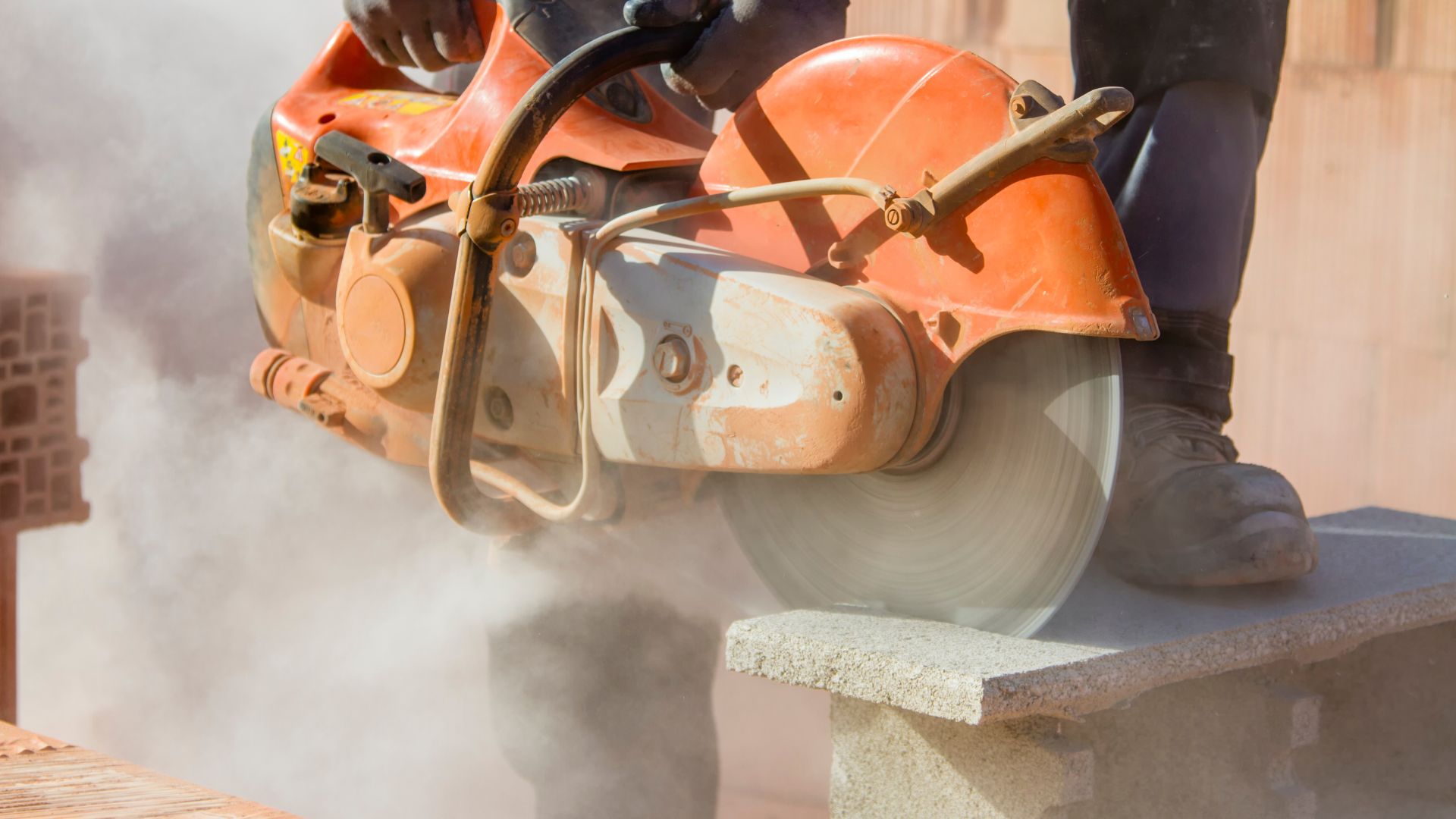
About this course
This course is aimed at workers who may potentially be exposed to crystalline silica dust and particulates in the course of their work. It is designed to give participants the knowledge and skills required to identify risks and implement mitigation techniques.
Duration: 1/2 day (4 hours)
Student/trainer ratio: 20:1
Course objectives and content
Identification of crystalline silica containing products.
Relevant legislation, guidelines and standards.
Hazards and risks to health due to exposure to crystalline silica dusts and particulate.
Exposure standards.
Safety data sheets.
Hierarchy of control.
Systems for prevention of exposure.
Risk assessments and hazard prevention.

Qualifications for successful participants
Statement of attainment in:
10830NAT Course in crystalline silica exposure prevention
10830NAT Course in crystalline silica exposure prevention FAQs
From 1 October 2023, workers across a wide range of trades and occupations will be required to have completed this unit of competency prior to undertaking work in Canberra and the ACT.
The full list of occupations can be found on the WorkSafe ACT website.
Other jurisdictions may have workplace safety laws in place that require those working with engineered stone and other stone products to understand the risks associated with dust and particulates that come from these products.
10830NAT Course in crystalline silica exposure prevention is a nationally recognised training course. This means no matter where you are in Australia, the statement of attainment achieved from successfully completing this training course will be recognised.
Although other silica awareness courses are available, many of which are delivered online, they may not be nationally recognised. Completing course like this can result in issues later as many employers, PCBUs and contractors require completion of nationally recognised units of competency.
For those working in Canberra and the ACT, completion of this specific unit of competency is required by law (effective 1 October 2023).
Yes!
Workplace safety laws in the ACT require that workers complete the nationally accredited asbestos awareness training course prior to conducting any work in the territory.
In many cases, it is also required that workers complete nationally accredited working with asbestos containing materials training as well.
Details on the requirements for these courses can be found on the SafeWork ACT website.
